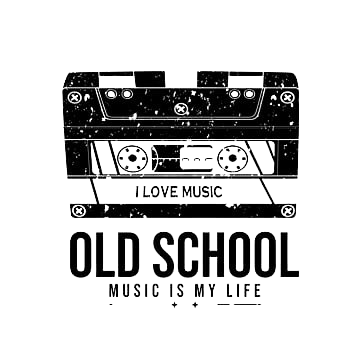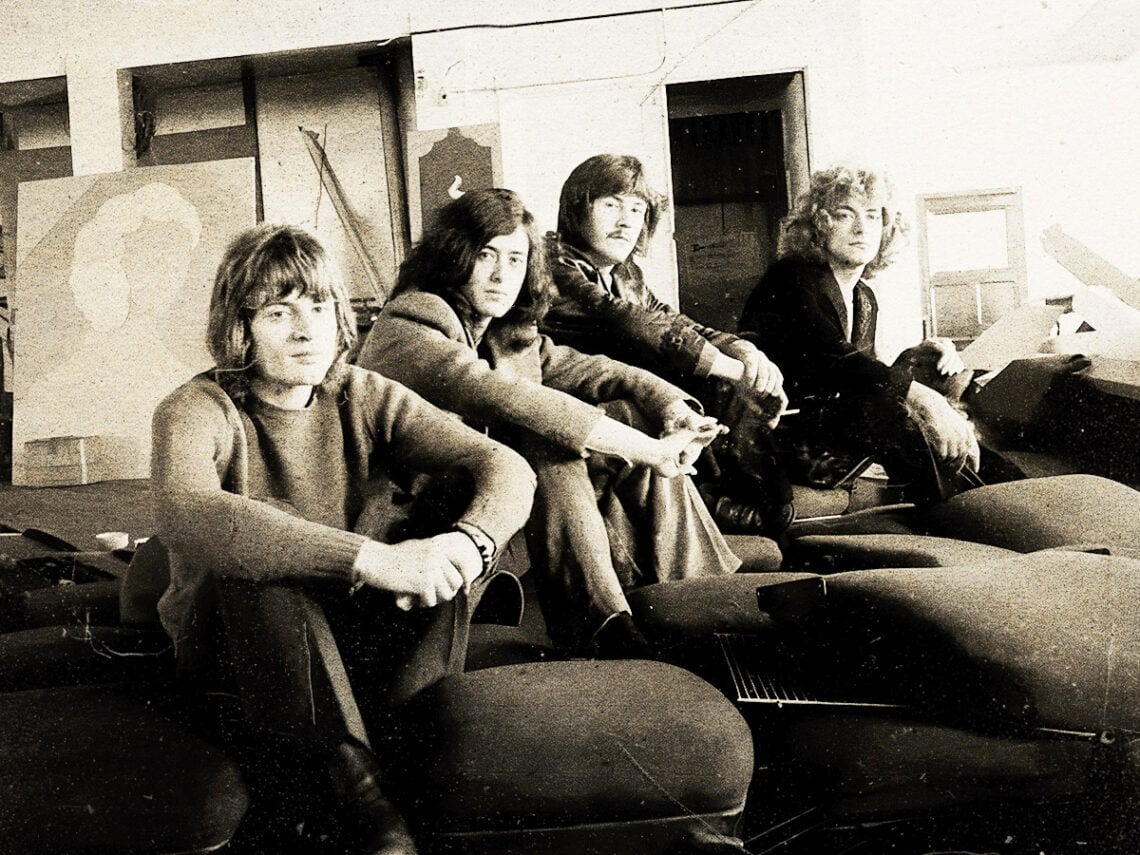There’s a good chance that we still haven’t heard the last of the most celebrated rock bands in history. As much as people like the idea of keeping some songs private, even The Beatles haven’t exhausted all of their material, considering the amount of new special edition releases on albums like Rubber Soul and Revolver. Led Zeppelin may have had a more clean break after the death of John Bonham, but it’s a shame that a song like ‘St Tristan’s Sword’ never got the chance to be fleshed out.
Then again, most Zeppelin tracks don’t tend to form in just one piece. Every group usually understands the dynamics before they get an actual piece, and the basis of it came from messing around with different grooves to ensure that they were playing well before kicking into the main set.
Right out of the blue, though, Jimmy Page kicked into a riff that would have been a masterpiece if any lesser rock band were to have written it. There are still some blues laced throughout the track, but there are also pieces of what Zeppelin tried on their more ambitious albums like Physical Graffiti.
Even the title seemed to promise something bigger, sounding like a spiritual sequel to a track like ‘Achilles Last Stand’ off of Presence. Though the song was demoed a handful of times, it would sit on the shelf for ages before it eventually turned up on a new version of their one posthumous album, Coda.
When speaking about the piece later, Page believed that the song’s basic skeleton never ended up coming together, saying, “St. Tristan’s Sword’ is the sort of thing that we’d do when we were playing live, not that that track came out from a live thing. But we’d be doing stuff like that, veering off into something and then come back (into the main part of the song). I’d had the riff and the changes to that, and I thought, ‘Let’s just try it.’ There are two takes of it, and that’s it, then we moved on to something else.”
While it sounded like the makings of another epic like ‘Stairway to Heaven’, it probably wouldn’t have made sense to include it on something like In Through the Out Door. That was the moment when they started to reach for new textures on tracks like ‘In the Evening’ and ‘Fool in the Rain’, so hearing that kind of rock and roll epic with John Paul Jones’s synthesiser might have left a weird taste in people’s mouths.
And with all the tracks that have come out since Zeppelin split, Page has never returned to it, either. He could have easily listened back to the tapes and made something out of with David Coverdale for their collaboration or even when reuniting with Robert Plant, but even he seems to feel that it’s doomed to stay in the Zeppelin vaults filled with songs that could have been.
Then again, maybe it’s a good thing that they never fleshed out some of those demos never got to be fleshed out. Not everything is meant to be heard in its final form, and even if this is as far as they got with the tune, it serves as a decent snapshot of where Zeppelin’s heads were right before everything fell apart.

